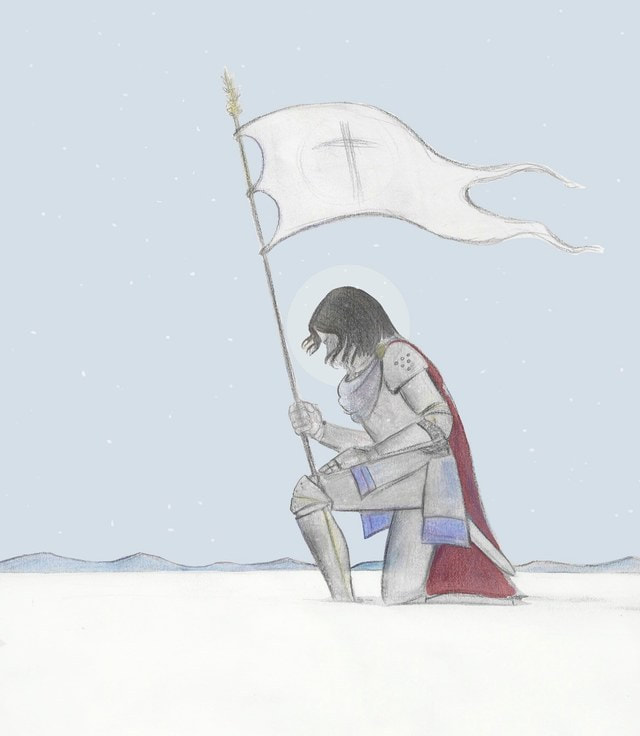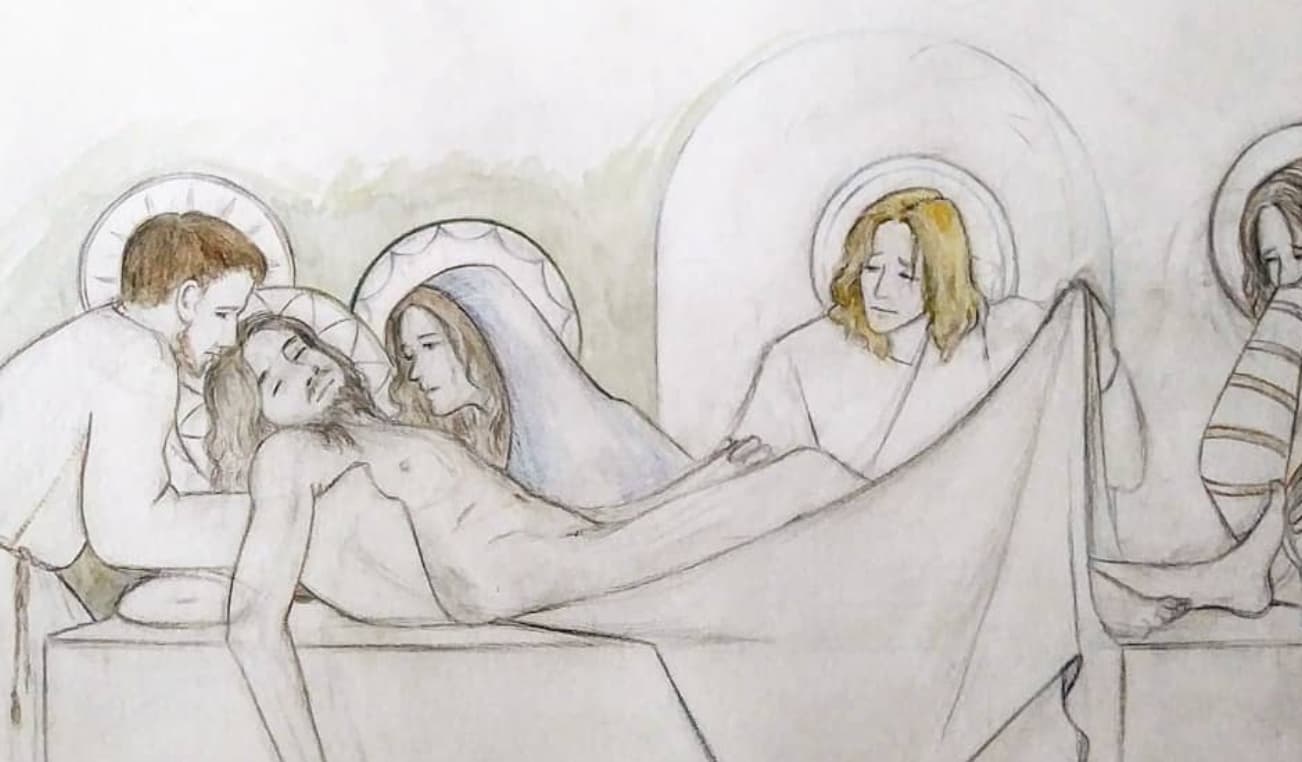The longed-for Savior: Could the ideal of the self-sacrificing hero have existed without Christ?10/10/2023 Would the Self-Sacrificing Hero trope have existed without Jesus and His radical sacrifice on the cross?
Throughout history, we see heroes in myths such as Gilgamesh and Hercules. They perform acts of bravery, but neither is the completely selfless hero for which the human race longed. These heroes were flawed and swayed by selfish desires. In the Old Testament, you can see the longing for the ideal of a perfect hero and savior. As the people of Israel cry out for a king, we can perhaps see a tremor that was echoing through the ancient world, a wailing cry in their hearts for a Savior to come. One can almost see a vision of echoes of reaching hands – straining for the ideal and noble Savior. The Old Testament has precursors to Christ and His nobility with figures such as Moses, Joseph, Esther, Judith, and the Maccabean Martyrs. The direct ancestors of Jesus, such as David, who was a man after God’s heart – an imperfect but very faithful man - provide a precursor for the people of Israel. A little further back in the Messianic family line, we have Boaz, who, while no king, was noble, generous, and selfless. He was a man who expected nothing in return – another good precursor of his descendant, Jesus, to come. Later on, John the Baptist became a zealous precursor to his cousin, Jesus, by living a life of asceticism and zeal for Christ and the Commandments of God. He paved the way for Jesus, for whom he leaped in the womb for joy when Mary approached bearing the Savior in her womb. This zeal carried John to his death. And, at this time, at last – at long last – we have Jesus, the Son of God. His mission began around the time of John the Baptist’s death. Fulfilling the perhaps unconscious desire of mankind, Jesus walked a new and lonely path that only the King of Kings could carve into perfection. One in which he would die of love for a people who may never love him. And as He hung on the cross, He cried out to His Father to forgive His killers because they did not know what they were doing. Who could have that sort of compassion? The perfect hero – the Christ, the Son of God. He understood what we suffer with the consequences of sin and showed us a better way. But, sorrowful enough to die, in the Garden of Gethsemane, we see His loneliness in this path. You can see how He longed for someone to join the path of self-denial. For even He was lonely, as only a noble king can be. But, purely humble, He still set a new standard of how one should live. And the world was never the same after. After He died and rose, people who would become saints took up their crosses and followed after Him, consoling His loneliness. Inspired kings, queens, knights, monks, and peasants took up their crosses and began to imitate the radical nobility of Christ through the priesthood, motherhood, knightly chivalry, small acts of servant love, and more. These saints would come face to face with the Loneliness of God. And it would become a joy for them, in the same way it is exquisite to go through a storm with your beloved at your side - a delight in a shared struggle that looks at consoling the other and forgets oneself. And so, with the image of Christ’s sacrifice, goodness and nobility in its purest form had now been seen and realized in man. And it would leave the heart of man inconsolable and wounded by beauty. Eternally seeking healing. What else could possess a knight to abide by the Code of Chivalry and the monk to forsake all worldly delights? What else but being left with the beautiful, gaping hole of Christ. A hole filled only with His Love.
0 Comments
|
Quis ut Deus?In search of the Face of God. Personal blog with musings, thoughts, and stories. Archives
June 2024
Categories |


 RSS Feed
RSS Feed